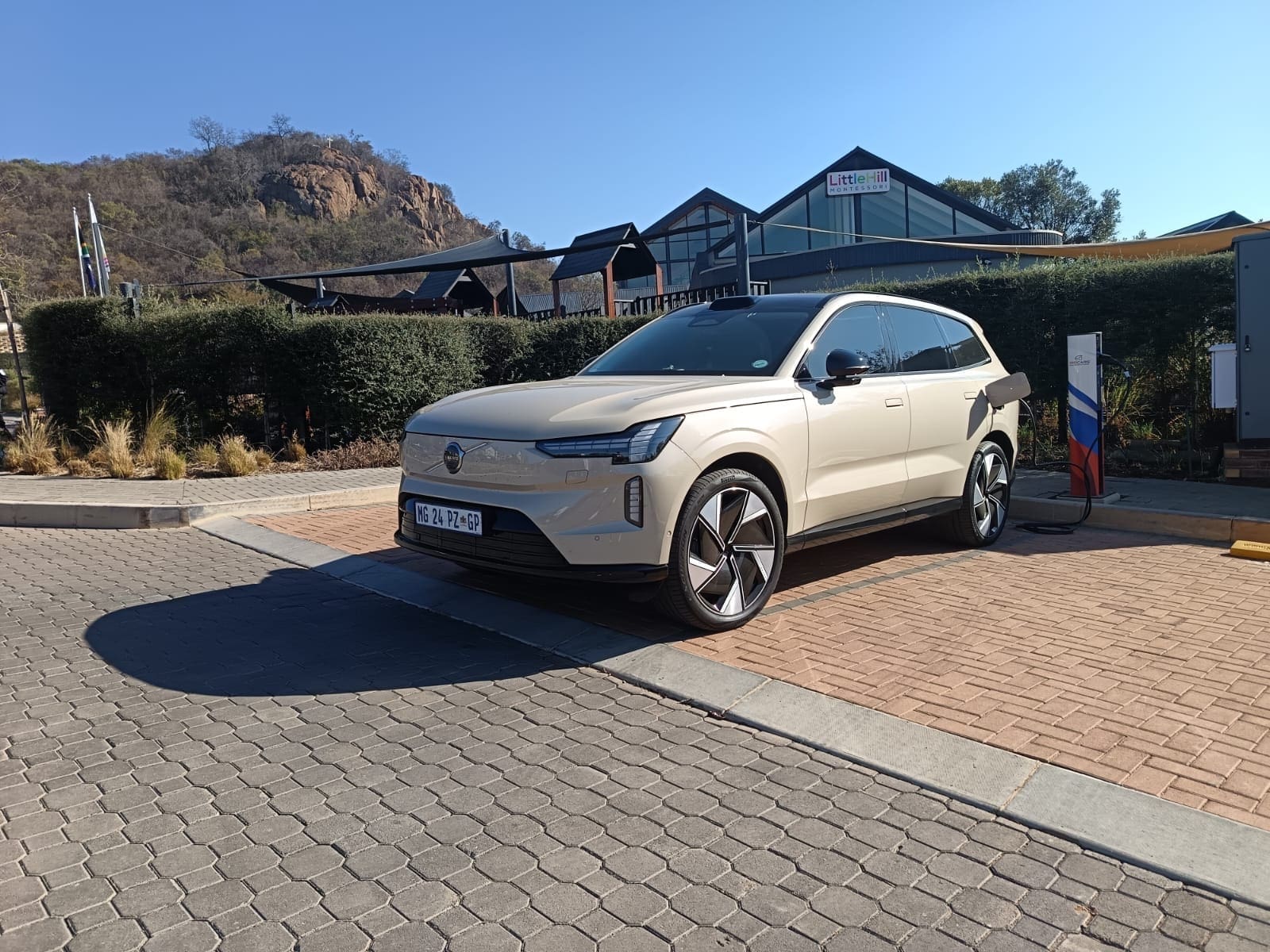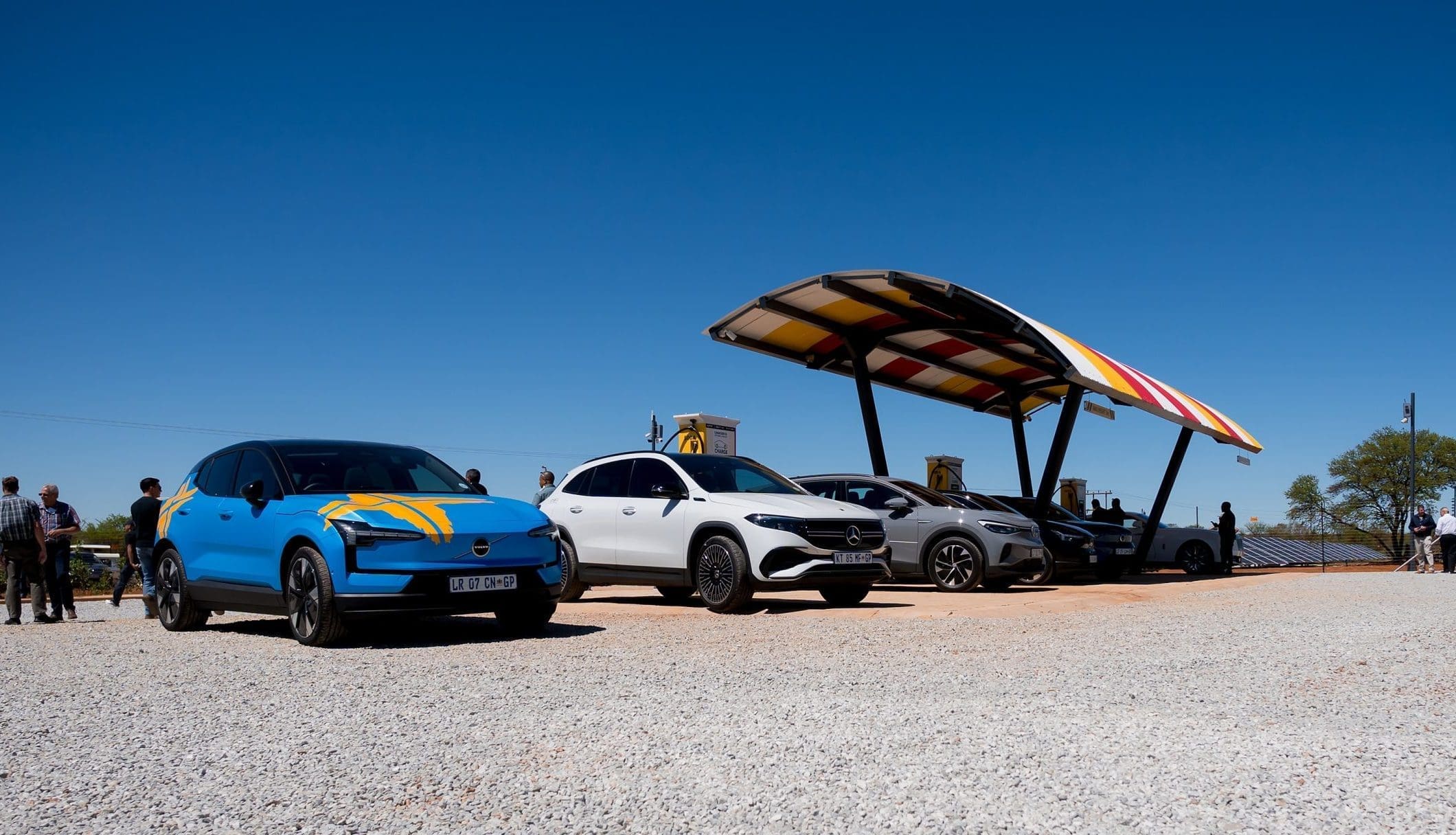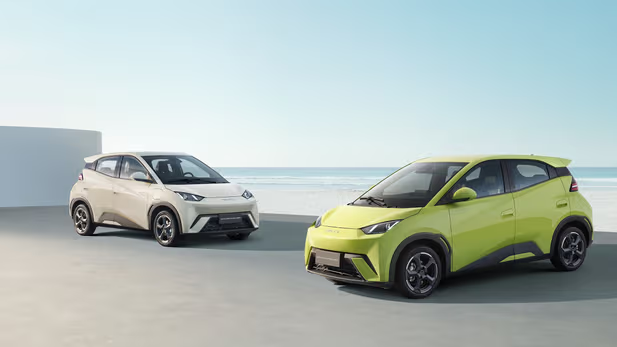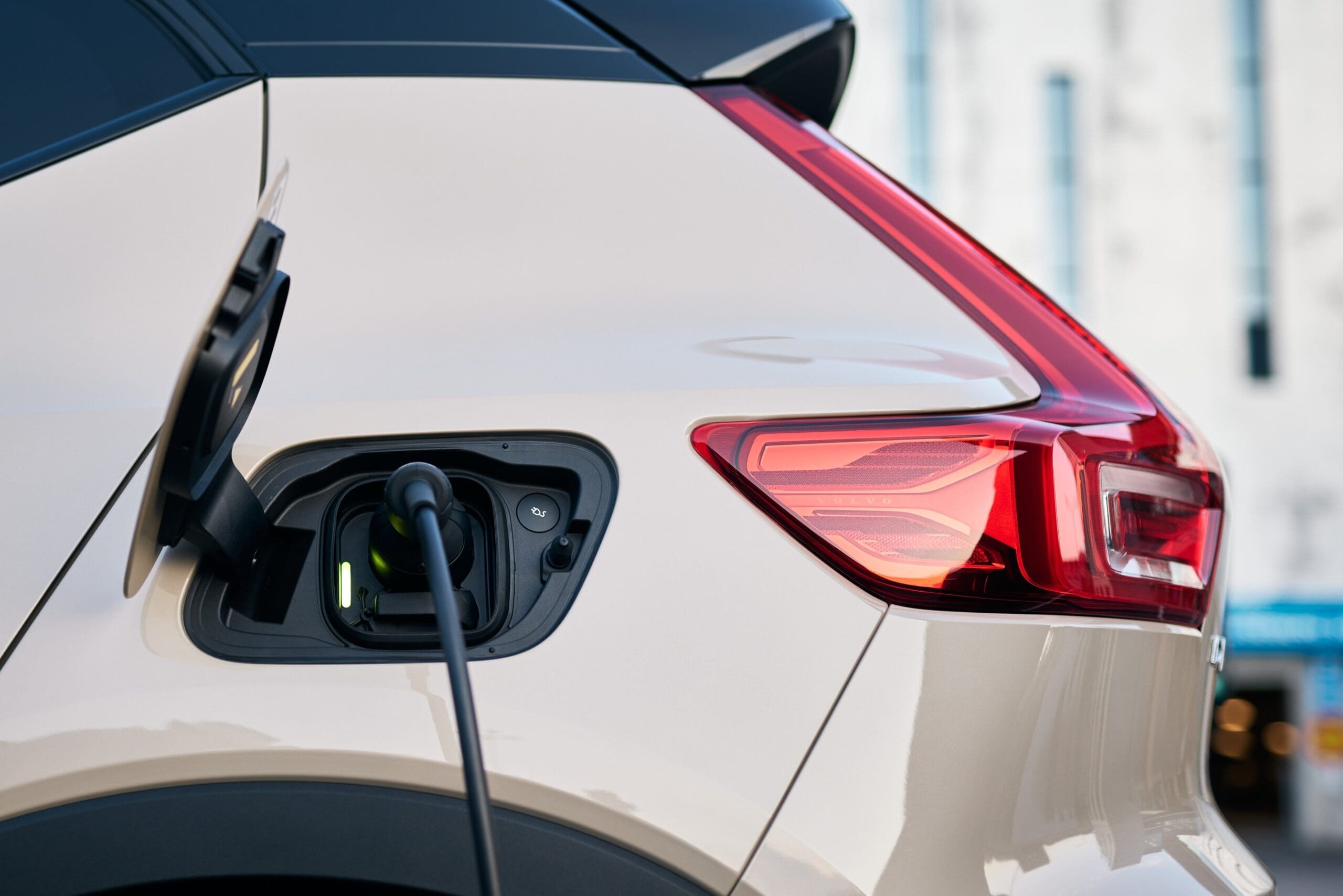For the past two years, I’ve been privileged to test drive the silent, swift and sophisticated electric vehicles from Volvo. This experience stands in stark contrast to my daily reality: behind the wheel of a diesel-guzzling V6, wincing every time I fill up at the pump.
That deep down understanding of the high cost of combustion is what makes the emerging electric vehicle (EV) narrative in South Africa so compelling. It’s no longer a distant fantasy; it’s a tangible, financially savvy alternative quietly building momentum right under our noses.
While projections suggest a modest 1,100 EVs on our roads by 2025, representing a $94.4 million market, this number is poised for explosive growth.
The catalyst? A combination of rising consumer awareness, strategic government and private investment, and most importantly a rapidly expanding charging infrastructure that is solving the classic “range anxiety” dilemma.
The Pain at the Pump: Combustion’s Costly Reality

There’s no sugarcoating it: South African motorists are under siege from relentless fuel price hikes.
Petrol and diesel prices are intrinsically linked to the volatile international oil market and the weak Rand, creating a perfect storm of financial pain for anyone who drives.
The cost of ownership for a combustion engine vehicle extends far beyond the monthly installment. It’s a constant drain of hundreds, if not thousands, of Rands each month on fuel alone, not to mention higher servicing costs for oil changes, spark plugs, and exhaust systems.
This is where the electric equation starts to make overwhelming sense.
Volvo’s Blueprint: Making EV Ownership a No-Brainer

Volvo Car South Africa is aggressively tackling the two biggest barriers to EV adoption: upfront cost and depreciation anxiety. Their revolutionary Guaranteed Future Value (GFV) programme for models like the EX30 (from just R9,999/month) is a masterstroke in financial planning. Please remember Volvo is a niche player and addressing its market and other EV players can learn from it. Compared to volume giants like Tesla, BYD, or Volkswagen Group, Volvo Cars (owned by China’s Geely) targets a specific, premium segment of the market. They are not competing on mass-market volume but on luxury, safety and sustainability.
Why This Matters for SA Drivers:
-
It removes depreciation fears with a locked-in 48-month trade-in value.
-
It drastically reduces running costs by including a free wallbox charger (R7,500 value) and a massive R12,000 charging voucher.
-
It adds value with 10GB of monthly in-car data for 36 months for seamless navigation and entertainment.
This initiative, highlighted by Markus Cromwell, Head of Commercial at Volvo Car South Africa, is backed by strong action. “South African motorists have shown they’re ready for electric motoring… In 2024, Volvo sold 539 electric vehicles,” he stated, emphasising the demand they aim to meet with two years of free public charging and installation support for home chargers.
Imagine: while petrol and diesel prices continue their unpredictable climb, a Volvo EV owner could be driving for free for two years on public networks, their car charging overnight at home, insulated from the chaos of global oil markets.
The Infrastructure Revolution Already Underway

The myth that there’s nowhere to charge an EV in South Africa is being dismantled at a breathtaking pace.
Major players like GridCars, Rubicon, and Chargify are rapidly expanding networks at malls, business districts and along highways. In big cities, big shopping centres have EV charging stations and some car dealers also are providing similar charging services.
But the real news is deeper and more transformative:
-
National Off-Grid Networks: Zero Carbon Charge (CHARGE) secured a R100 million investment from the Development Bank of Southern Africa (DBSA) to build a network of solar-powered charging stations every 150 km along national roads. This is a game-changer for inter-city travel.
-
Energy Resilience: Companies like STS Tech Group are launching smart charging solutions, like their ‘Smart EV’ system, which can boost charging capacity by 300% during load shedding, directly addressing South Africa’s unique energy challenges.
-
Corporate and State Buy-In: Eskom’s pilot project to install chargers at five key sites and electrify its own fleet signals a crucial institutional shift towards eMobility.
The success is tangible.
Gideon Neethling, an engineer at bus service Golden Arrow, reported that with their new smart EV charging system, they are “saving 63% on the energy component of our business.”
The infrastructure isn’t just coming; it’s already here and proving its worth.
The Final Piece: True Affordability is on the Horizon

The current EV market leans towards luxury and mid-range models.
However, the catalyst for mass adoption will be an affordable entry-point vehicle. That moment is coming. In September 2025, Chinese EV giant Build Your Dreams (BYD) is set to launch the Dolphin (also known as the Atto 1), aiming to be the most affordable EV in South Africa with an expected price under R400,000, potentially as low as R350,000.
This isn’t a stripped-down basic car.
It promises a tech-filled interior, a modern design, and practical features like Vehicle-to-Load (V2L) capability, which allows the car to power your home during load shedding. This will fundamentally change the value proposition for the average South African family.
The EV sector in South Africa is quietly but slowly and decisively moving out of its niche.
The infrastructure is being laid, the financial models are becoming smarter and true affordability is around the corner.
When this ecosystem goes truly public, the shift will happen quickly. South Africans will be surprised to discover the extensive network already in place.
For now, the writing is on the wall or perhaps, on the charging station.
The question is no longer if you’ll make the switch to electric, but will you take the opportunity when EVs goes mass market. And for those, like me, who feel the sting of diesel prices every month, that future can’t come soon enough.

Also read: Can SA’s EV Tax Break Secure a Multi-Billion-Rand Chinese Pledge?

In a landmark move towards sustainable transportation, South Africa has officially enacted a 150% tax incentive for the production of electric and hydrogen vehicles. Signed into law on January 3, 2025, the legislation is expected to unlock approximately $27 billion in investments, significantly boosting the country’s nascent electric vehicle (EV) industry.
The ambitious initiative aims to position South Africa as a key regional player in the global shift towards green mobility. By targeting both local and international manufacturers, the government hopes to attract major players in the EV and hydrogen fuel cell sectors. Notably, Chinese companies are already expressing interest in the emerging opportunities within the South African market.
Three car makers from China have already signed non-disclosure agreements with the South African Automotive Business Council, its CEO Mikel Mabasa told reporters in an interview published on Friday.
Driving Economic Growth
These incentives could attract major electric vehicle manufacturers like Tesla, BYD, Lucid, and Rivian to South Africa, while also opening the economy to battery storage companies such as CATL, EVE Energy, and AVIC. This development targets not only South Africa but also the broader African subcontinent, positioning the region as a significant player in the EV and battery markets.
